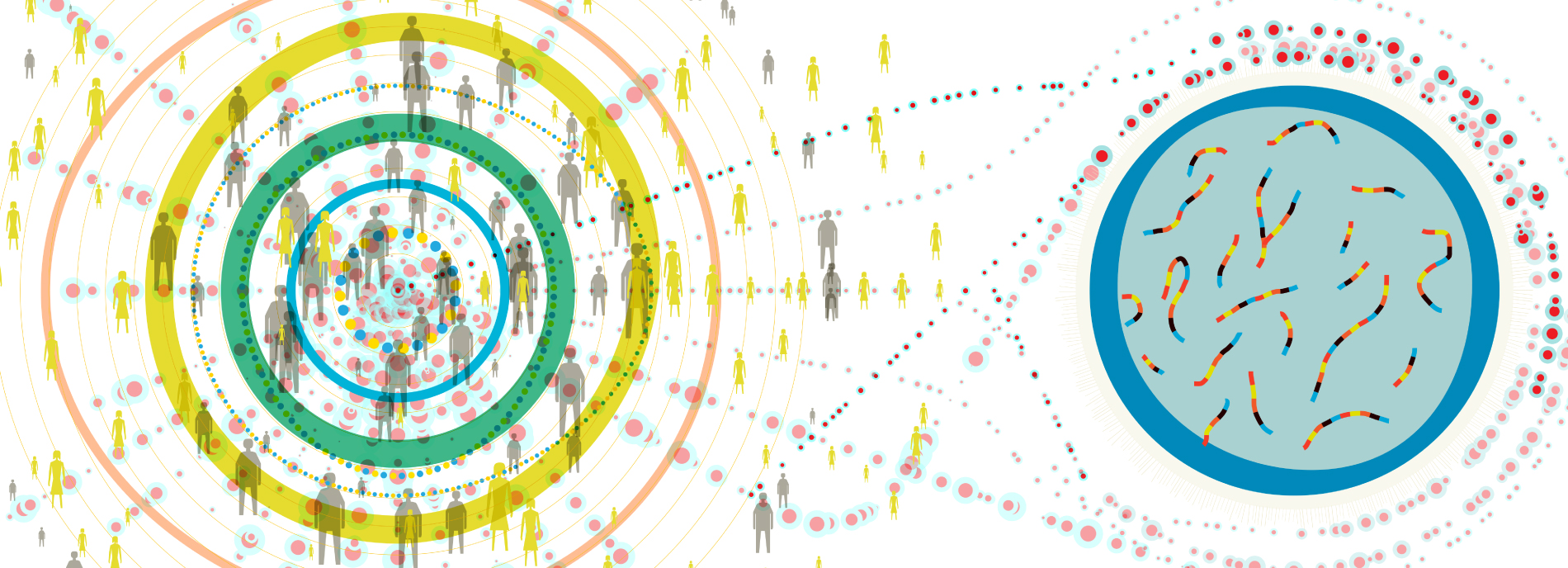17q12
Recent articles
Population study downgrades some copy number variants’ impact on autism
Some copy number variants may boost a person’s chances of having autism, but to a lesser extent than previously thought.

Population study downgrades some copy number variants’ impact on autism
Some copy number variants may boost a person’s chances of having autism, but to a lesser extent than previously thought.
From 0 to 60 in 10 years
After a decade of fast-paced discovery, researchers are racing toward bigger datasets, more genes and a deeper understanding of the biology of autism.

From 0 to 60 in 10 years
After a decade of fast-paced discovery, researchers are racing toward bigger datasets, more genes and a deeper understanding of the biology of autism.
Explore more from The Transmitter
New autism committee positions itself as science-backed alternative to government group
The Independent Autism Coordinating Committee plans to meet at the same time as the U.S. federal Interagency Autism Coordinating Committee later this month—and offer its own research agenda.

New autism committee positions itself as science-backed alternative to government group
The Independent Autism Coordinating Committee plans to meet at the same time as the U.S. federal Interagency Autism Coordinating Committee later this month—and offer its own research agenda.
Two neurobiologists win 2026 Brain Prize for discovering mechanics of touch
Research by Patrik Ernfors and David Ginty has delineated the diverse cell types of the somatosensory system and revealed how they detect and discriminate among different types of tactile information.

Two neurobiologists win 2026 Brain Prize for discovering mechanics of touch
Research by Patrik Ernfors and David Ginty has delineated the diverse cell types of the somatosensory system and revealed how they detect and discriminate among different types of tactile information.
Shifting neural code powers speech comprehension
Dynamic coding helps explain how the brain processes multiple features of speech—from the smallest units of sounds to full sentences—simultaneously.

Shifting neural code powers speech comprehension
Dynamic coding helps explain how the brain processes multiple features of speech—from the smallest units of sounds to full sentences—simultaneously.